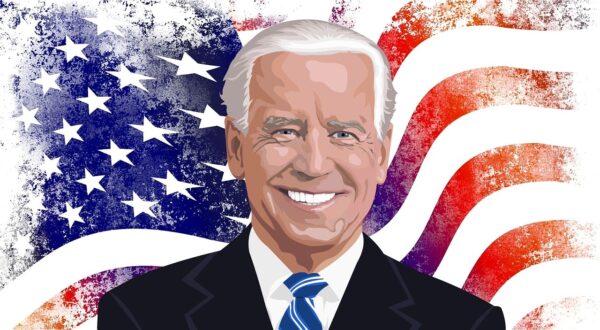Biden, McCarthy reach tentative deal to suspend US debt ceiling, challenges await in Congress
In a breakthrough development, US President Joe Biden and top congressional Republican Kevin McCarthy have reached a tentative deal to suspend the federal government’s $31.4 trillion debt ceiling, as reported by Reuters.
This agreement brings an end to the months-long stalemate, although it was announced without fanfare, reflecting the arduous negotiations and the challenging path it must traverse through Congress before the United States faces a potential debt default in early June.
What is US debt ceiling
The US debt ceiling refers to the maximum amount of money that the U.S. government is allowed to borrow to meet its financial obligations. It is a limit set by Congress on the total amount of debt that the U.S. Treasury can issue through the issuance of Treasury bonds, bills, and notes.
When the debt ceiling is reached, the government is not able to borrow more money unless it is raised or suspended by Congress. The purpose of the debt ceiling is to control and monitor the government’s borrowing and spending.

Biden and McCarthy reach tentative deal to suspend US debt ceiling, challenges await in Congress. Image courtesy of Barbara from Pixabay.
Kevin McCarthy took to Twitter to announce the deal, stating, “I just got off the phone with the president a bit ago. After he wasted time and refused to negotiate for months, we’ve come to an agreement in principle that is worthy of the American people.”
Joe Biden, in a statement, described the deal as “an important step forward” and emphasized the compromise nature of the agreement, acknowledging that not everyone would get exactly what they desired.
The deal proposes to suspend the debt limit until January 2025, alongside spending caps in the 2024 and 2025 budgets. It also includes measures such as reclaiming unused COVID funds, expediting permitting for certain energy projects, and introducing additional work requirements for food aid programs aimed at low-income Americans.
After a series of calls, including a 90-minute phone conversation between Joe Biden and Kevin McCarthy, the tentative agreement came together. McCarthy briefed his members, and discussions between the White House and House leaders followed suit.
Kevin McCarthy informed reporters that the bill is still being written and is expected to be completed on Sunday. He plans to speak with Biden and aims to have a vote on the deal on Wednesday.
The challenge now lies in garnering bipartisan support for the agreement, as it needs to pass through both the House, with its 222-213 Republican majority, and the Senate, which holds a narrow 51-49 Democratic majority.
Negotiators have agreed to cap non-defense discretionary spending at 2023 levels for one year, with a 1% increase in 2025, according to a source familiar with the deal. McCarthy hailed the agreement for its historic spending reductions, reforms to lift people out of poverty and promote workforce participation, and absence of new taxes or government programs.
The deal’s successful passage through Congress is crucial to prevent an economically destabilizing default. The Treasury Department warned that it would run short of funds to cover its obligations if the debt ceiling issue remained unresolved by 5 June.
Discover more from Business-News-Today.com
Subscribe to get the latest posts sent to your email.

